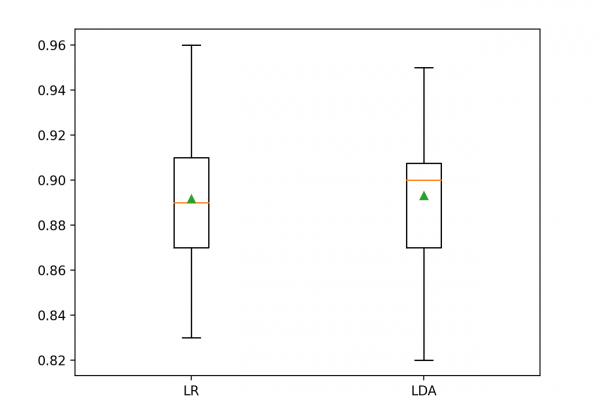Statistics for Machine Learning (7-Day Mini-Course)
Last Updated on August 8, 2019 Statistics for Machine Learning Crash Course. Get on top of the statistics used in machine learning in 7 Days. Statistics is a field of mathematics that is universally agreed to be a prerequisite for a deeper understanding of machine learning. Although statistics is a large field with many esoteric theories and findings, the nuts and bolts tools and notations taken from the field are required for machine learning practitioners. With a solid foundation of […]
Read more



